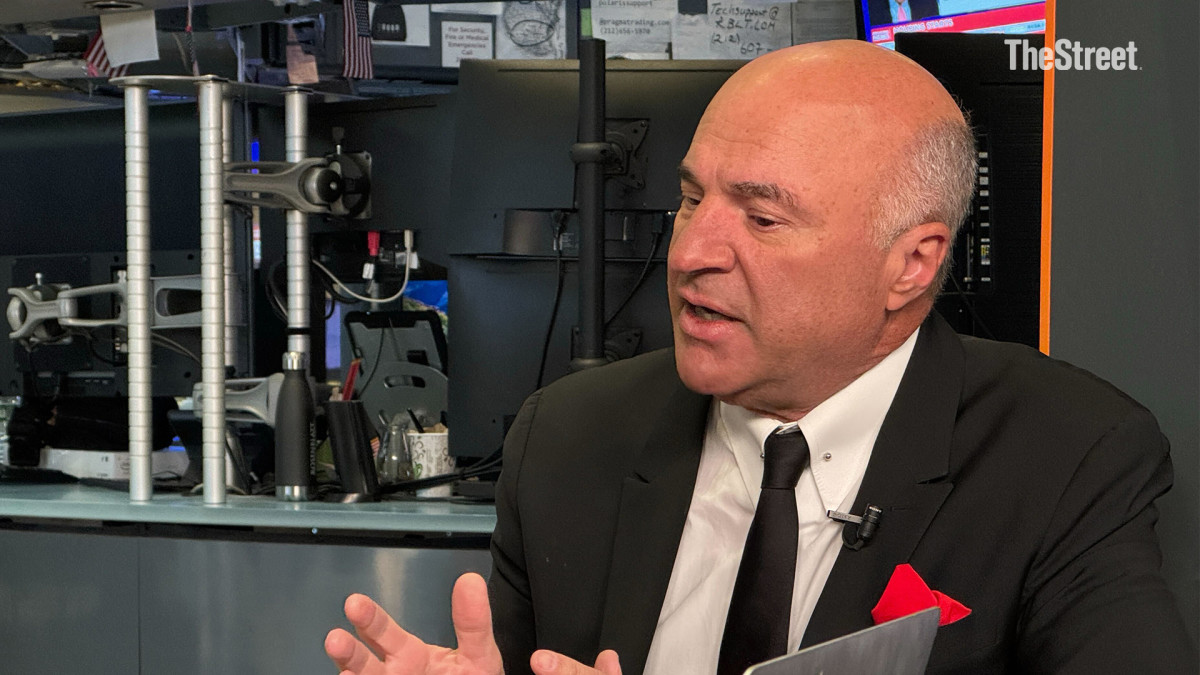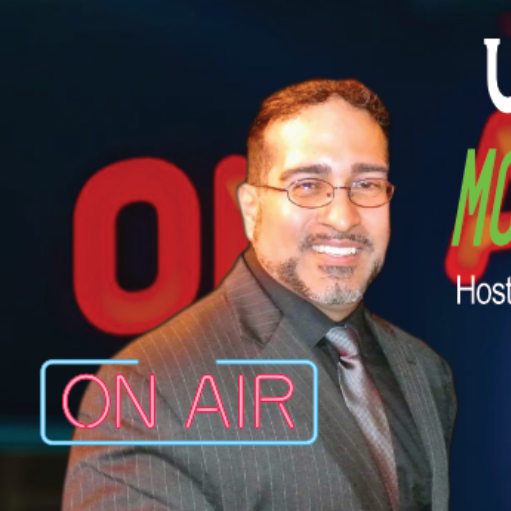One famous businessman and investor well-known for his appearances on ABC’s “Shark Tank” says that he believes many people confuse his love of money with a love of stuff.
He wishes to dispel that notion.
In his book, “Cold Hard Truth on Men, Women and Money,” Kevin O’Leary explains his belief that the two things are very different.
💵💰Don’t miss the move: Subscribe to TheStreet’s free daily newsletter💰💵
“I love money because, employed properly, it’s a source of creative energy,” he wrote. “Stuff, on the other hand, merely uses up energy by killing money.”
“We buy stuff with money, and, more often than not, this stuff becomes a vessel for more spending,” he continued. “The car that requires gas and repairs; that too-big house that needs electricity and fuel to heat it; that walk-in closet you have to fill.”
O’Leary often emphasizes that people overspend because it gives them a fleeting emotional boost — it’s really that simple.
He warns that mixing money with emotions is a dangerous cocktail. If one is feeling down, lonely, or stuck, retail therapy isn’t the solution. Instead, a person ought to find a healthier outlet: Take a walk, dive into a book, whip up a great meal — but steer clear of the checkout line.
Related: Jean Chatzky sends strong message on buying vs. leasing a car
He goes further to say that cutting back isn’t just about plugging the financial leaks. It’s about digging into one’s habits and asking why a person keeps putting themself at financial risk, especially if that behavior is hurting their health or straining their relationships.
And there is one big elephant in the room when it comes to these habits that needs to be addressed right away, O’Leary warns: credit cards.
 Shark Tank’s Kevin O’Leary talks with TheStreet about finances. The investor and businessman explains his passion for money and highlights one major mistake Americans should avoid: buying things on credit cards that they can’t afford.
Shark Tank’s Kevin O’Leary talks with TheStreet about finances. The investor and businessman explains his passion for money and highlights one major mistake Americans should avoid: buying things on credit cards that they can’t afford.
Image source: TheStreet
Kevin O’Leary warns Americans about the credit card trance
O’Leary explains his belief that there is a mental state involved with feeling the need to spend money — and when it comes to spending funds that one does not have, it’s even more important to learn how to avoid it.
“Here’s how to break that trance,” O’Leary wrote. “I want you to look closely at the word interest. Every single time you purchase something on a credit card or a line of credit that you don’t pay off immediately, you’re paying interest.”
“Ask yourself every time you choose to whip out that card and buy something: ‘Will the interest I pay on this item outlive my interest in this item?’ If the answer is yes, don’t buy it!” he urged.
More on personal finance:
- Dave Ramsey offers urgent thoughts about Medicare
- Jean Chatzky shares major statement on Social Security
- Tony Robbins has blunt words on IRAs,401(k)s
Kevin O’Leary has a sharp analogy for the financial traps people fall into: Imagine an old flame — someone you once found irresistible, but now recognize wasn’t right for you. You’ve moved on. There’s no lingering attachment.
But what if you were legally required to keep spending time and money on that person until they decided it was over?
O’Leary explains how that is exactly what many consumers do with their purchases. They fall in love with a product, convince themselves that it’s essential — only to realize soon after that the excitement has faded. Yet because of contracts, subscriptions, or payment plans, they’re stuck paying for it, long after the thrill is gone.
His message? Be smart with spending. A person should not let emotional impulse lock them into long-term financial baggage.
Related: Shark Tank’s Kevin O’Leary warns Americans on 401(k)s
O’Leary offers a credit card trick to help avoid spending
O’Leary has a memorable way of tackling impulsive spending that he mentions in his book.
The old-school tactic he endorses? Stick your credit cards in a plastic container, fill it with water, and toss it in the freezer. The cards stay safe, but more importantly, you’re building in a cooling-off period.
If, after waiting for the ice to melt, that purchase still feels worth it — go ahead.
But most of the time, O’Leary suggests, that extra pause is all it takes to make a smarter decision.
Related: Dave Ramsey sends strong message to Americans on Medicare
